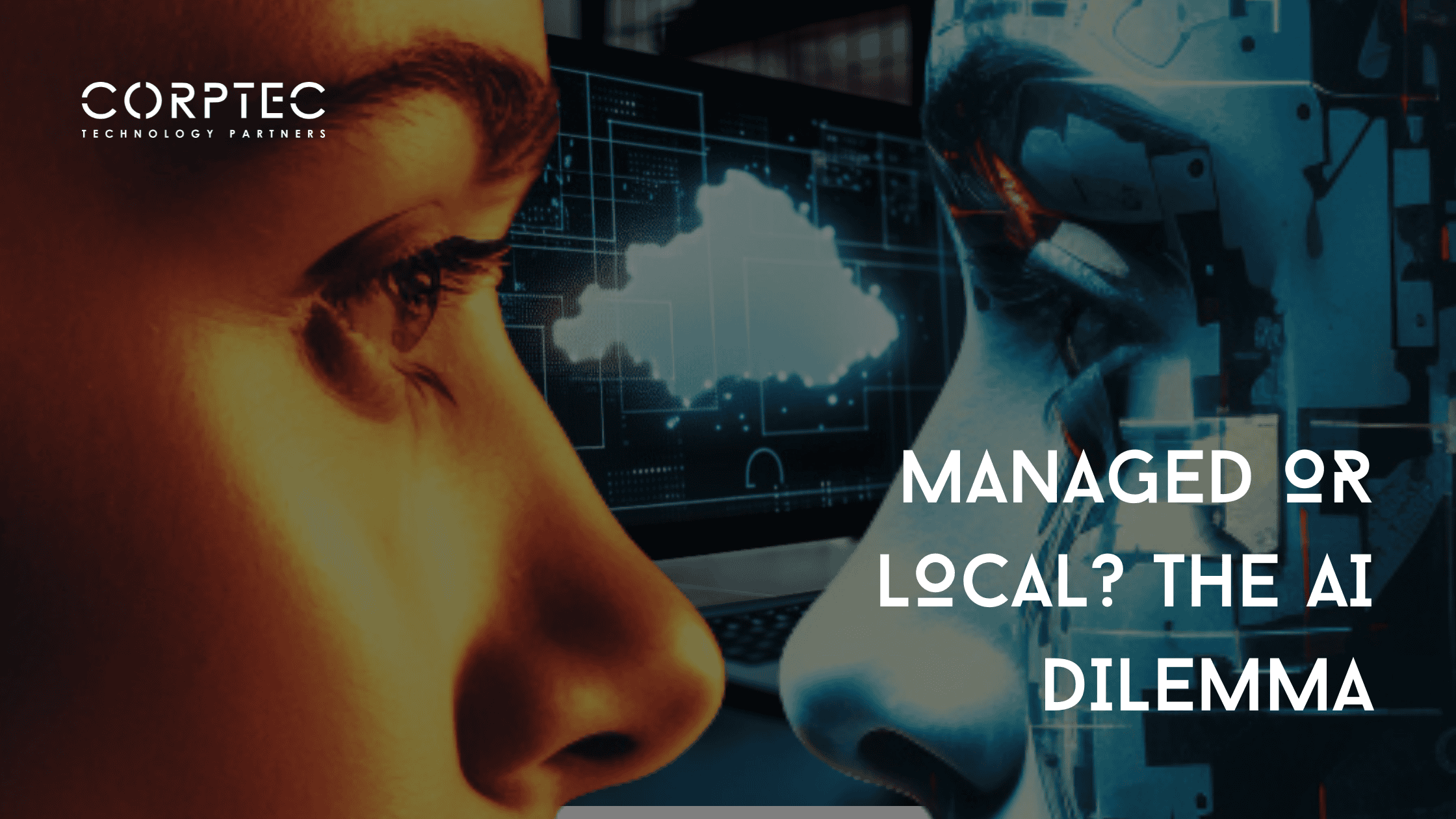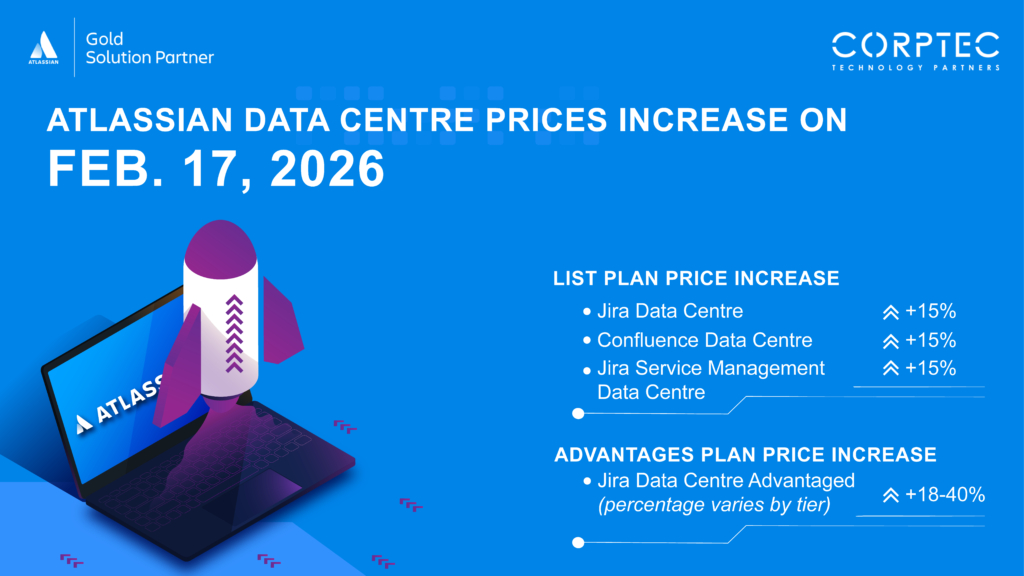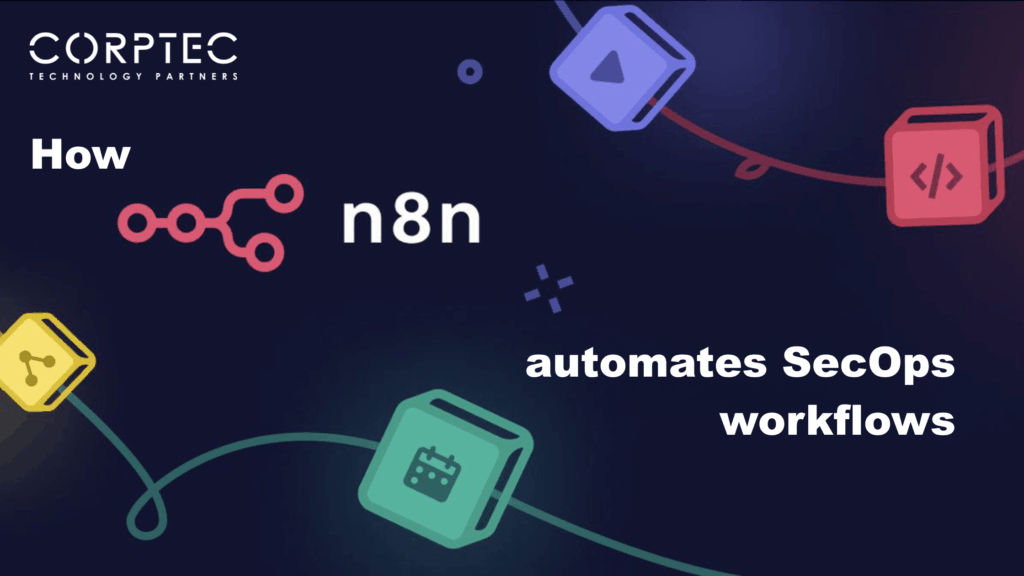Once upon a time, digital transformation was all about adopting cloud technologies and mobile applications to drive businesses towards a digital-first model. Today, it means integrating Artificial Intelligence (AI) into all aspects of business to drive intelligent automation, personalised customer experiences, and enhanced decision-making.
According to Gartner’s Top Strategic Technology Trends for 2025 report, the future will see autonomous AI agents assisting businesses in dramatically upskilling their workers and teams, enabling them to manage complicated processes, projects, and initiatives through natural language.
Which means, for any enterprise looking to achieve unprecedented levels of agility and efficiency, integrating AI into their business functions is the way to go.
However, with AI expertise among IT teams still being at its nascent stage, companies are struggling to figure out the best and most scalable way to integrate AI—should they self-host AI applications on their local hardware or rely on a cloud-based AI provider to manage their AI infrastructure? We dive into this dilemma in this blog.
Who is this blog intended for?
- CTOs, CIOs, and IT Directors evaluating AI deployment strategies
- Data scientists and ML (Machine Learning) engineers building AI solutions
- Business leaders and/or Heads of Operations in regulated industries
- Startups as well as small/medium enterprises looking to optimise AI performance and cost
What Is Self-Hosted AI?
Self-hosted AI refers to artificial intelligence systems (like machine learning or deep learning models) that are deployed and managed entirely on a company’s own server or infrastructure, instead of on third-party cloud services (such as OpenAI, Google Cloud, AWS, etc.). Companies can choose to locally host their AI solution(s) either on-premises, in a private data centre, on self-managed virtual machines, or on a private cloud.
How Does Self-Hosted AI Work?
Self-hosted AI involves setting up and managing AI models and infrastructure on your own premises or in your company’s private data centre or cloud. This includes:
1. Setting Up Your Infrastructure
To begin with, you would need to install hardware that can support AI workloads. This includes:
- High-performance servers with GPUs or TPUs for training and inference (GPUs are often better for deep learning)
- High RAM and storage
- Secure internal networks to connect data sources, compute nodes, and users.
You can set this up on local servers, edge devices, cloud VMs, or choose network-attached storage for datasets, models, and logs.
2. Developing AI Models
Before selecting AI models and training them, you need to collect, clean, organise, transform, and preprocess data from internal sources (such as databases, sensors, or spreadsheets). Once it has been transformed into an enriched, usable format, you can use your data to train AI models on your local hardware using frameworks like TensorFlow, PyTorch, or Scikit-learn.
Alternately, you can use a pre-trained model by downloading open-source AI models like LLaMA, Mistral, or Stable Diffusion that have already been trained on large datasets and are ready to be fine-tuned.
3. Deploying AI Models
You can deploy your AI models using inference servers like TensorFlow Serving, TorchServe, or ONNX Runtime. You can also choose to wrap it up in custom APIs (using Flask, FastAPI, etc.) so your app or users can query it.
To help you manage and scale deployments in a more reliable way, you can consider containerisation (a process where a software and its dependencies have been packaged into a single, lightweight container) to be run on your company-owned infrastructure. Docker or Kubernetes are good options.
You can also monitor model performance, latency, and errors using tools like Prometheus and Grafana.
4. Implementing Data Security & Compliance
Since the AI model and data stay on your server and company-owned infrastructure, you can choose to implement role-based access controls, strengthen authentication processes, and ensure data is encrypted, both at rest and in transit. It is also advisable to maintain audit logs for regulatory compliance purposes as well as for debugging.
5. Ensuring Regular Maintenance
Self-hosting AI solutions means that your company would also have to periodically retrain models with new data to maintain accuracy. This will ensure that your AI system is optimised to handle more users or data efficiently while maintaining fast response times and reliable performance. Your team should also be equipped to handle regular system updates (including applying security patches to your AI software and hardware).
It is also recommended to maintain regular backups and implement a robust disaster recovery plan to safeguard your self-hosted AI system.
What Is Cloud AI?
Cloud AI (otherwise referred to as managed AI) refers to artificial intelligence services and infrastructure provided and maintained by cloud providers, such as Amazon Web Services (AWS), Microsoft Azure, or the Google Cloud Platform (GCP). Cloud-based AI allows businesses to build, train, deploy, and scale AI models without having to manage the underlying hardware or complex software stacks.
How Does Cloud AI Work?
Choosing cloud AI involves partnering with third-party cloud providers to host, maintain, and use AI tools, platforms, and infrastructure. Typically, these AI providers offer AI services through a combination of advanced infrastructure, specialised hardware, and a suite of software tools designed to support various AI workloads. This includes:
1. Providing Infrastructure
Third-party cloud AI providers operate large data centres equipped with high-performance computing resources—including CPUs, GPUs, and TPUs (Tensor Processing Units). These data centres are distributed globally to ensure low latency and high availability, and are connected via high-speed networking infrastructure to enable efficient data transfer and communication between different AI components.
2. Delivering Specialised Hardware
AI workloads—especially those involving deep learning—require significant computational power. Cloud AI providers can offer instances with GPUs and TPUs to help accelerate training and inference processes. Certain providers (like Google) also help in developing custom hardware optimised for AI tasks, which helps companies improve performance and efficiency.
3. Offering AI-Ready Software
Several cloud-based AI providers offer comprehensive AI platforms that include software for data preparation, model training, deployment, and monitoring. Notable examples include AWS SageMaker, Google’s AI Platform, and Azure Machine Learning. Many also offer pre-trained models for common tasks—such as image recognition, natural language processing, and speech recognition—that can be fine-tuned for specific applications.
Additionally, cloud AI providers enable developers who do not have deep AI expertise to integrate AI capabilities into their applications by accessing cloud AI services through APIs and SDKs.
4. Providing Managed Services
In order to make AI accessible to all users, third-party cloud AI providers offer automated machine learning (AutoML) services to help you build and deploy models with minimal manual intervention. Some providers also offer serverless AI services, where the infrastructure management is abstracted away. This allows users to focus solely on developing and deploying their AI models, without worrying about hardware setup.
5. Offering Edge AI Solutions
For applications requiring low latency and real-time processing, cloud AI providers offer edge computing solutions that extend AI capabilities to edge devices. This reduces the need for data to travel back to central data centres. Solutions like AWS Outposts and Azure Stack offer hybrid possibilities that bring cloud services closer to the data source by combining cloud and edge computing.
Self-Hosted AI Vs. Cloud-Based AI: A Comparison
Let’s now compare these two strategies by looking at the benefits and disadvantages of both across 6 key areas.
1. Infrastructure Requirements
The first key factor that a decision maker should consider when contemplating self-hosted AI solutions versus a cloud-based, externally managed one is infrastructure – that is, the physical and virtual computing resources (such as servers, GPUs, storage, networking, etc.) required to run AI workloads.
Companies choosing to locally manage their AI should be technically and financially ready to purchase and maintain their own hardware. (For example, building a private data centre with air-gapped servers to run AI models securely on classified data).
Those wishing to outsource their AI requirements should be ready to research the infrastructure options offered by popular cloud AI vendors like AWS, Azure, or Google Cloud. This means that you would rely on (for example) Google Cloud’s Vertex AI to train AI models without investing in any hardware.
2. Total Cost of Ownership
One of the factors that needs to be carefully considered before choosing between self-hosted AI and cloud AI is cost. This includes both upfront investment as well as ongoing expenses for running and maintaining AI systems.
Those of you evaluating self-hosting AI options should remember that there would be a higher investment required initially (such as hardware and setup costs). Conversely, the long-term costs for large-scale, continuous workloads would be considerably lower.
(You can, for example, invest in a GPU cluster to avoid recurring cloud fees for long-term AI experiments.)
Cloud-based AI, on the other hand, allows you to pay as you go. This pricing model offers much greater flexibility, but can become expensive when your business requirements scale. (Like, for example, when your sales team needs the AI to offer seasonal recommendations during peak sales periods, but has a much lesser requirement for your AI model during off-seasons.)
3. Scalability
The next factor to be considered is the ease with which your computing resources for AI management can be increased or decreased based on demand.
With self-hosted AI, scaling would require ongoing maintenance, including buying and installing more hardware. Organisations, therefore, should be prepared to spend more capital and plan months in advance to expand capacity.
With cloud-based AI, on the other hand, companies can scale instantly, with just a few clicks or API calls. This will, for example, help you to increase your AI-powered software and GPU usage whenever there is a surge in business operations and AI application requirements.
4. Data Security & Privacy
With AI, companies are often (justifiably!) concerned about its effects on data privacy and the level of control they may or may not have over sensitive or regulated data.
Which is why self-hosted AI often wins the battle against cloud AI. Locally hosted AI offers you maximum control over all your data—ensuring that your master, transactional, customer, or reference data never leaves the premises. Self-hosted AI not only alleviates common data security concerns but also helps companies in highly regulated industries be compliant with relevant local regulations.
Cloud-based LLMs, on the other hand, store and process your company’s AI data off-site. This tends to raise concerns about data sovereignty and third-party access, and may invite regulatory penalties based on your region or industry (such as with GDPR, CCPA, or HIPAA).
5. Customisation Capabilities
For medium to large enterprises, the ability to tailor AI models, infrastructure, and workflows to their specific business needs is an important factor that needs to be considered when evaluating AI hosting options.
With self-hosted AI, you will be able to retain complete flexibility over your AI landscape. If ongoing expenses are not a constraint, companies hosting AI locally will be able to modify models, frameworks, and system architecture on their own servers.
With managed AI, however, the ability to customise your AI models may be limited, since the AI software and configurations are offered by a third-party cloud AI provider. This means that, if your company is using a pre-trained model for market analysis, for example, you may not be able to tweak the underlying model, as per changing needs.
6. Maintenance Requirements
Start-ups as well as small-to-medium businesses contemplating AI adoption often worry about the cost and effort they would need to put in, to keep their AI platforms updated, secure, and operational.
This is one factor that poses a disadvantage for companies considering self-hosted AI options, as the process requires you to engage a dedicated, in-house team with specialised AI expertise to manage ongoing updates and software security patches, as well as hardware failures. It is also important for your team to know how to manage testing and deployment, and maintain uptime and security without external dependency.
However, for organisations choosing cloud-based managed AI, both software and hardware maintenance is handled by the cloud AI provider. Most cloud providers have dedicated technology solution partners who can help companies focus more on effectively building, training, and deploying AI models as per their specific business needs, without worrying about server maintenance.
Which Companies Are Cloud and Self-Hosted AI Models More Suited For?
Your company is likely to find more success in outsourcing your AI requirements if:
- You’re an early-stage start-up or a small-to-medium business exploring AI for the first time
- You prefer AI experimentation support, proof of concept, and minimum viable products (MVPs) without the burden of infrastructure costs
- You would like to invest in customer-facing AI applications – like chatbots or recommendation engines
- You do not have adequate in-house machine learning operations (MLOps) expertise
On the other hand, self-hosted AI may work in your favour if:
- You’re a medium to large-scale enterprise with dedicated, in-house AI or IT teams
- You belong to a highly regulated industry where strict data privacy and compliance are non-negotiable
- You prefer edge computing, where low-latency processing near the data source is essential
- Your business manages inference workloads that are run continuously over a long period and processes high-volume data at scale (which can push up per-inference charges and data transfer costs)
Self-Hosted AI Vs. Cloud AI: Pros and Cons
Here is a quick summary of the pros and cons of self-hosted AI and cloud AI deployments.
Self-hosted AI
Pros:
- Offers you full control over all your data and AI models
- Provides you with greater customisation opportunities
- Enables optimisation of AI as per your growing business needs
- Helps you improve and be in control of data security and compliance
- Allows you to negate dependency on an external vendor for your AI needs
Cons:
- Comes with high upfront investment—which includes hardware setup, purchasing licenses, and hiring AI experts)
- Requires you to start from scratch, which leads to slower setup and deployment
- Involves ongoing dependency on in-house teams and local AI expertise
- May be costly and difficult to scale dynamically
Cloud AI
Pros:
- Enables you to quickly deploy AI in your business with minimal setup
- Allows you to scale automatically as your demand grows
- There is a lower upfront cost, especially in hardware requirements
- You get to access highly advanced, pre-trained AI models and APIs that are constantly being upgraded
- Infrastructure and ongoing updates are fully handled by your cloud AI provider
Cons:
- Comes with regular and long-term operational expenses (whether you choose a subscription model or pay-per-use pricing)
- Requires a vendor lock-in and constant dependency on the provider/AI partner for handling issues
- There may be data residency and compliance challenges to consider, for which you may need the services of a Backup-as-a-service (BaaS) partner
- There would be limited options to customise the AI model as per your changing business needs
Risks to Consider When Choosing Between Self-Hosted AI and Cloud AI Solutions
Both cloud AI and self-hosted AI solutions come with their own set of risks that your organisation should carefully evaluate.
With cloud AI, there is an inherent risk of data leakage or unauthorised access, especially when dealing with highly sensitive or regulated information. Since data often moves across regions and through third-party infrastructure, maintaining compliance and control can be challenging.
Additionally, businesses may face unexpected price surges due to fluctuating usage or changes in pricing models by cloud providers. Service disruptions—though rare—can also impact mission-critical AI workloads if a provider experiences downtime.
In the case of self-hosted AI, risks stem primarily from infrastructure management and long-term sustainability. Organisations may encounter hardware failures or capacity constraints that hinder performance or require costly upgrades. There is also the possibility of investing in technologies that become obsolete as AI evolves rapidly. Moreover, attracting and retaining skilled talent to manage and scale self-hosted AI environments can be difficult and expensive, especially for companies outside major tech hubs.
Self-Hosted AI Vs. Cloud AI: Choosing the Best for Your Business
When it comes to choosing between these two strategies, there is no one-size-fits-all answer. The decision would depend on your business-specific requirements—budget being a big consideration—to data security, scalability and operational maturity. Many organisations even adopt a hybrid AI strategy, where they choose cloud AI for rapid prototyping while self-hosted AI helps them with production workloads involving sensitive data.
Whatever your choice, Corptec Technology Partners is here to help. With our range of core technology partnerships and custom GPT integration and implementation services, you can deploy an AI platform that aligns with your operational, security, and compliance needs. Our team of experts can help you:
- Strengthen your AI foundation with data quality and governance
- Integrate AI into your current business processes
- Define your AI use case and help you build, test, and deploy your AI models
- Design and implement self-hosted AI and train AI models on proprietary data
- Ensure custom AI/GPT integrations as per your unique requirements
- Train and support your team to adopt AI effectively
Would you like to explore how AI can transform your business?
If you are worried about exposing your sensitive business information to AI prompts, we can help you safeguard your data even while using AI! Book a free consultation with us to check out our advanced hybrid, multi-cloud, and SaaS data backup services, offered in partnership with our backup-as-a-service partner, HYCU!
Get in touch with our expert today to discover how your business can stay ahead in today’s AI-driven world!







